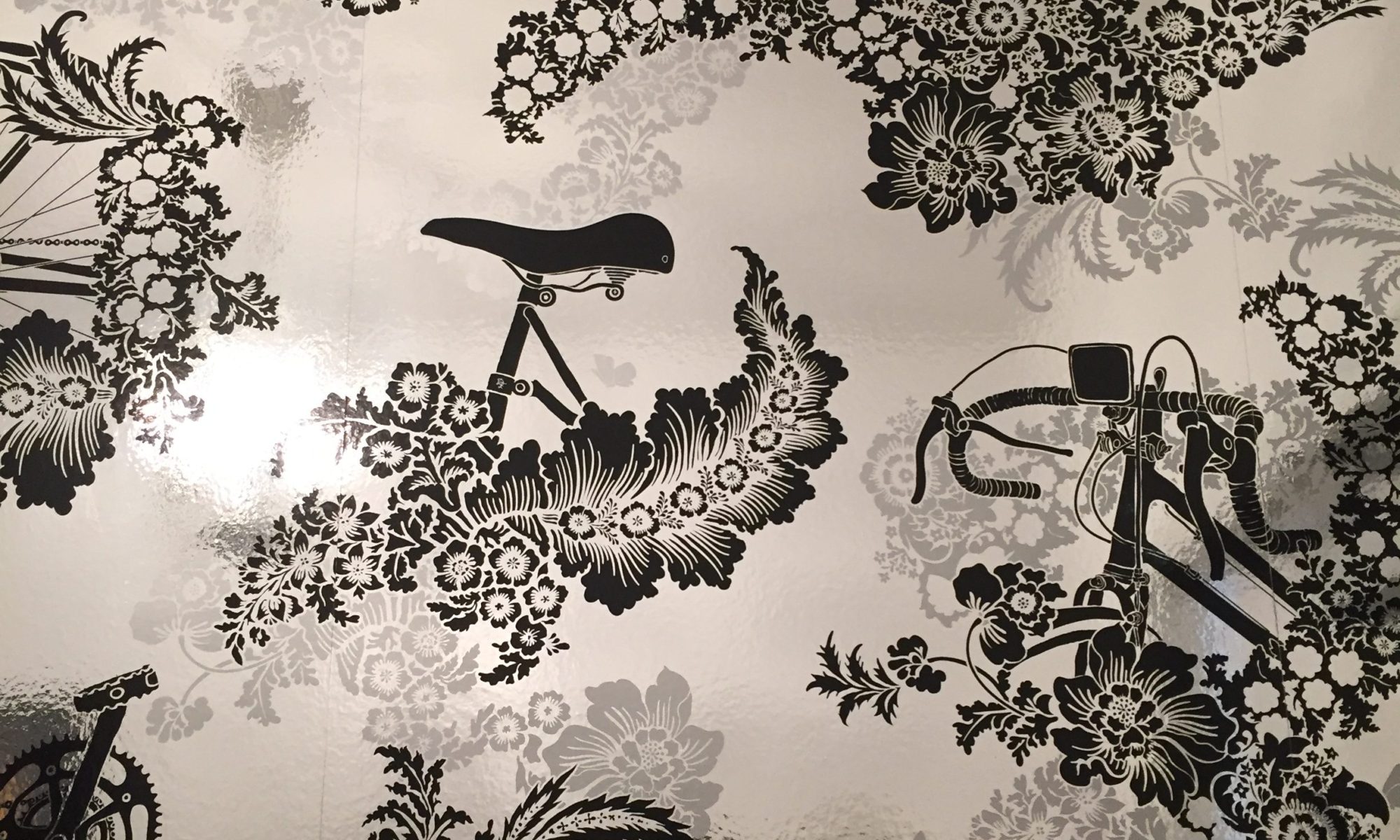I love my hometowns. Only an hour away, I go home to Cokato and Dassel as frequently as my life in St. Paul (and elsewhere) allows. My parents are there, so many of my friends are in the area, my home church still welcomes me into its choir loft, and I still recognize so many people from my days of working at the grocery store. The good memories outweigh the bad and I choose to stay engaged with where I was raised. At this time in my life, I would not choose to live there, but prefer to visit. That little-bit-of-distance keeps it fresh for me, its halo effect is more glowing than not.
The universal role of a teenager is to buck the system and reject their surroundings, sometimes requiring a change in address. Some of us simply relocated, we can be called “expatriates” who now live outside of this small-town culture where we were raised. Every town has people who leave it; some leave on good terms, some leave in a huff or a blaze of glory. Many who leave on a negative note seek asylum in metropolitan areas. It happens everywhere for all sorts of reasons.
For the GLBT community and its allies, the closet is a pretty big reason to relocate from a small town–which has an arguably open and exposed way of life–to the anonymity of the city.
As mentioned in my piece “Coloring with David Bromstad,” he’s from Cokato, too. After I secured the materials for the article and knew it was a done deal, I made sure to mention it on my Facebook page. I knew it’d interest both my friends from home as well as the people who know me because of Lavender. I made sure to mention that it was a victory not just because David’s a successful designer in the home and garden issue, but because he’s a successful GLBT personality to come from Dassel-Cokato.
I know that posting about the marriage amendment, marriage equality, or other GLBT topics might lose me some of my conservative friends. I post things respectfully and it’s a risk I’m willing to take to keep up a consciousness-raising effort. But, as with each time I post something of that ilk, I was once again surprised by the reception. Thumbs and thumbs and thumbs. People liked it. And, liking something like that is equivalent to outing yourself as someone who is tolerant of the GLBT community. It’s a little risky. They “liked” the fact that I got him in the magazine and that he’s yet another out and proud gay man from our hometowns. As with during the fight for marriage equality, I was bolstered by the people who belong to those thumbs.
Then, one of my former speech coaches who holds a leadership position in the community commented: “Awesome! And there are a lot of GLBT community supporters out here also.”
His was the first comment, and it was one that took the lead and set the tone for anyone else who read that post. It gives me hope that the smaller towns out there have people in leadership who may not identify as being central to the GLBT community, but as supporters of it; as allies. That he’s around high schoolers who might be going through some of the same struggles David mentions in his interview and he is proud to out himself as a resource and a support is only better. He walks the talk.
And, as indicated by the thumbs, he’s not alone in supporting the GLBT community. This is heartening. When I asked David the question about how his coming out story might be different today in 2013, it’s certain that it would have been less difficult, but it’s by no means easy at any age in any era. Coming out isn’t just for the young.
Back home, there are the people who belong to the GLBT community who aren’t out, who aren’t activists, who don’t wear their sexuality on their sleeves. Perhaps they’ve never considered being part of a community that includes gay, lesbian, bisexual, and transgender people. It’s a constructed concept that may not have any relevance in Small Town, America. Looking at the archetypes, they might be bachelor farmers. They could be librarians. An aunt who never married. A priest who chose celibacy and a life with God. Everyone has a facet of life that involves sexuality; not everyone makes it a defining characteristic. Not all will choose to come out.
Without question, more will exit the closet as this new wave of marriage equality and its peripheral rights continues its way across the nation. With the shift in laws comes a shift in acceptance, a certain validation. Not all people will agree with these changes, but people are more bolstered than ever if they do. Coming out in 2013 will be a new beginning for these people, unlike any ever felt before by this community.
And, whether in small towns or big cities, there will always be the people who will support them…by thought, word, or deed.
Or a “like” on Facebook.
With thanks,
Andy
